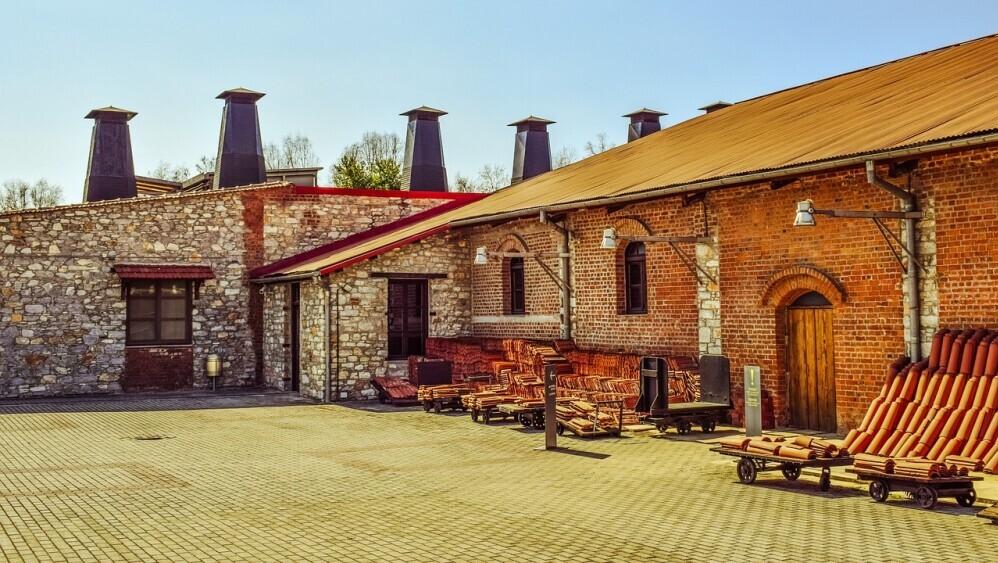
Adaptive Reuse: Breathing New Life into Old Buildings
Adaptive reuse is the process of converting existing buildings into new uses while preserving their historic character. This practice has gained significant popularity in recent years, driven by a growing awareness of sustainability, economic benefits, and cultural preservation.
The Economic and Environmental Benefits of Adaptive Reuse
- Cost-Effective: Reusing existing structures often requires less investment than building new ones, making it a cost-effective option.
- Reduced Environmental Impact: By repurposing existing buildings, we can reduce the demand for new construction materials and energy consumption.
- Urban Revitalization: Adaptive reuse projects can revitalize neglected areas and create vibrant new neighborhoods.
- Preservation of Cultural Heritage: Historic buildings can be preserved for future generations, safeguarding our cultural heritage.
Key Considerations for Successful Adaptive Reuse Projects
- Feasibility Assessment:
-
- Structural Integrity: Evaluate the building’s structural soundness to determine its suitability for reuse.
- Zoning Regulations: Understand local zoning laws and building codes to ensure compliance.
- Historical Significance: Assess the property’s historical significance and any potential preservation restrictions.
- Design and Planning:
-
- Architectural Integrity: Preserve the building’s original character and architectural features.
- Functional Adaptation: Design the new use to complement the building’s existing structure and layout.
- Energy Efficiency: Incorporate energy-efficient technologies and materials to reduce operational costs.
- Financial Planning:
-
- Funding Sources: Explore various funding options, including traditional financing, tax credits, and public-private partnerships.
- Cost-Benefit Analysis: Conduct a thorough financial analysis to assess the project’s viability.
- Community Engagement:
-
- Public Input: Involve the community in the planning and design process to gain support and address concerns.
- Historical Preservation: Collaborate with heritage organizations to ensure the preservation of significant historical features.
Overcoming Challenges in Adaptive Reuse
- Regulatory Hurdles: Navigating complex zoning laws and building codes can be challenging.
- Financial Constraints: Securing funding for large-scale adaptive reuse projects can be difficult.
- Technical Challenges: Addressing structural issues, energy efficiency, and accessibility requirements can be complex.
The Future of Adaptive Reuse
The future of adaptive reuse looks promising, with several emerging trends:
- Technology Integration: Incorporating smart technologies to enhance building performance and user experience.
- Mixed-Use Developments: Combining residential, commercial, and cultural uses within a single building.
- Modular Design: Using modular construction techniques to adapt buildings to changing needs.
- Sustainable Materials: Employing sustainable materials and green building practices.
By embracing adaptive reuse, we can create vibrant, sustainable, and culturally significant spaces that benefit both people and the planet.
If you would like to discuss any aspect of adaptive reuse of old buildings do not hesitate to Call Alan on 07539141257 or 03332241257, or +447539141257 or +443332241257, you can schedule a call with Alan on https://calendly .com/alanje or drop an email to alan@alpusgroup.com.